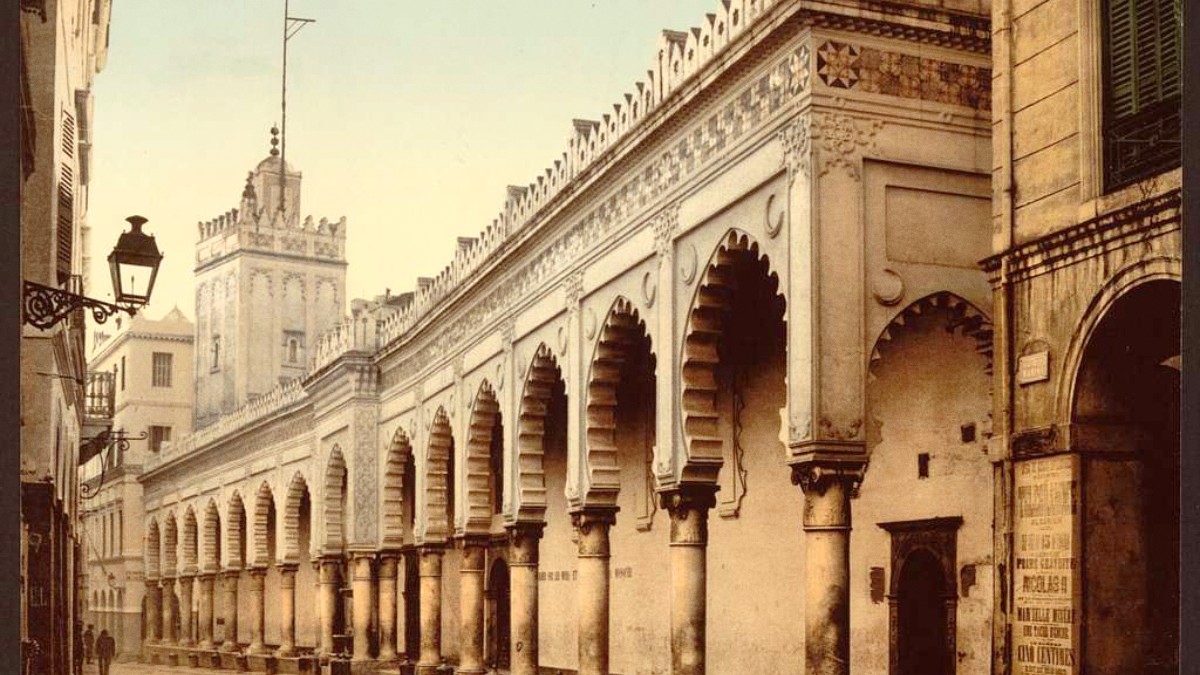
Algeria
Local SIM cards are widely available from Ooredoo, Mobilis, and Djezzy at official stores. Passport registration is a requirement. Data plans are generally affordable with good 4G coverage in major cities.
Wi-Fi is available in most hotels and many cafes. Relying on mobile data via a local SIM card is often more reliable for consistent internet access.
Arabic and Tamazight are official. French is very widely spoken, especially in Algiers. English proficiency is less common. Download offline language packs for French and Arabic.
Learning a few basic phrases will enrich your interactions.
Download offline language packs for French and Arabic on translation apps.
Plan your activities around typical operating hours and holiday schedules.
Government offices and banks typically operate Sunday to Thursday, 8:00 AM to 4:30 PM. Shops are generally open from 9:00 AM to 7:00 PM, with a possible midday break. Restaurants open for lunch and dinner.
Banks operate during standard business hours (Sunday-Thursday). ATMs are widely available in city centers, major hotels, and shopping malls. Use ATMs during daylight hours in well-lit, secure locations.
Algeria's official weekend is Friday and Saturday; many services close. Ramadan brings altered hours. Public holidays include Islamic festivals, Independence Day (July 5th), and Revolution Day (November 1st). Check dates for your visit.
Seasonal and public holidays may alter typical schedules.
Smaller establishments may have closures during peak summer or major holidays.
Verify current business hours and holiday schedules for your specific travel dates to avoid inconvenience.
A respectful approach to local customs enhances your experience in Algeria.
Handshakes are common between men. For women, or between men and women, wait for the other person to initiate physical contact. A verbal greeting and nod are appropriate otherwise. Always greet shopkeepers.
Modesty defines the dress code. Shoulders and knees should be covered for both men and women in public. Loose-fitting clothing is preferred. Women cover their heads when visiting mosques.
When eating, use your right hand. Do not point the soles of your feet at people. Tipping is appreciated but not mandatory for services.
Always ask for permission before photographing people, especially women and children. A simple gesture or asking 'Photo, s'il vous plaît?' works. Avoid photographing government buildings, military installations, or police personnel.
Adhering to local customs and social norms demonstrates respect and deepens your travel experience.
Algiers generally presents challenges for travelers with mobility needs. The old city, Kasbah, features steep, narrow, uneven cobblestone streets and many stairs. Newer parts of the city and international hotels may offer better accessibility with ramps and elevators.
The Algiers Metro is relatively modern and accessible, with elevators and ramps at most stations. Some newer or recently renovated museums may have better features. Many historical sites, especially older mosques, are not easily accessible.
Specialized services for travelers with visual or hearing impairments are limited. Traveling with a companion or arranging assistance in advance through a tour operator or hotel is advisable.
Direct resources or organizations providing accessibility information for tourists in Algiers are not widespread. Research individual attractions or contact your chosen accommodation directly for specific accessibility details.
Travelers with specific mobility or sensory needs may find Algiers challenging. Detailed research and prior arrangements contribute to a smoother visit.